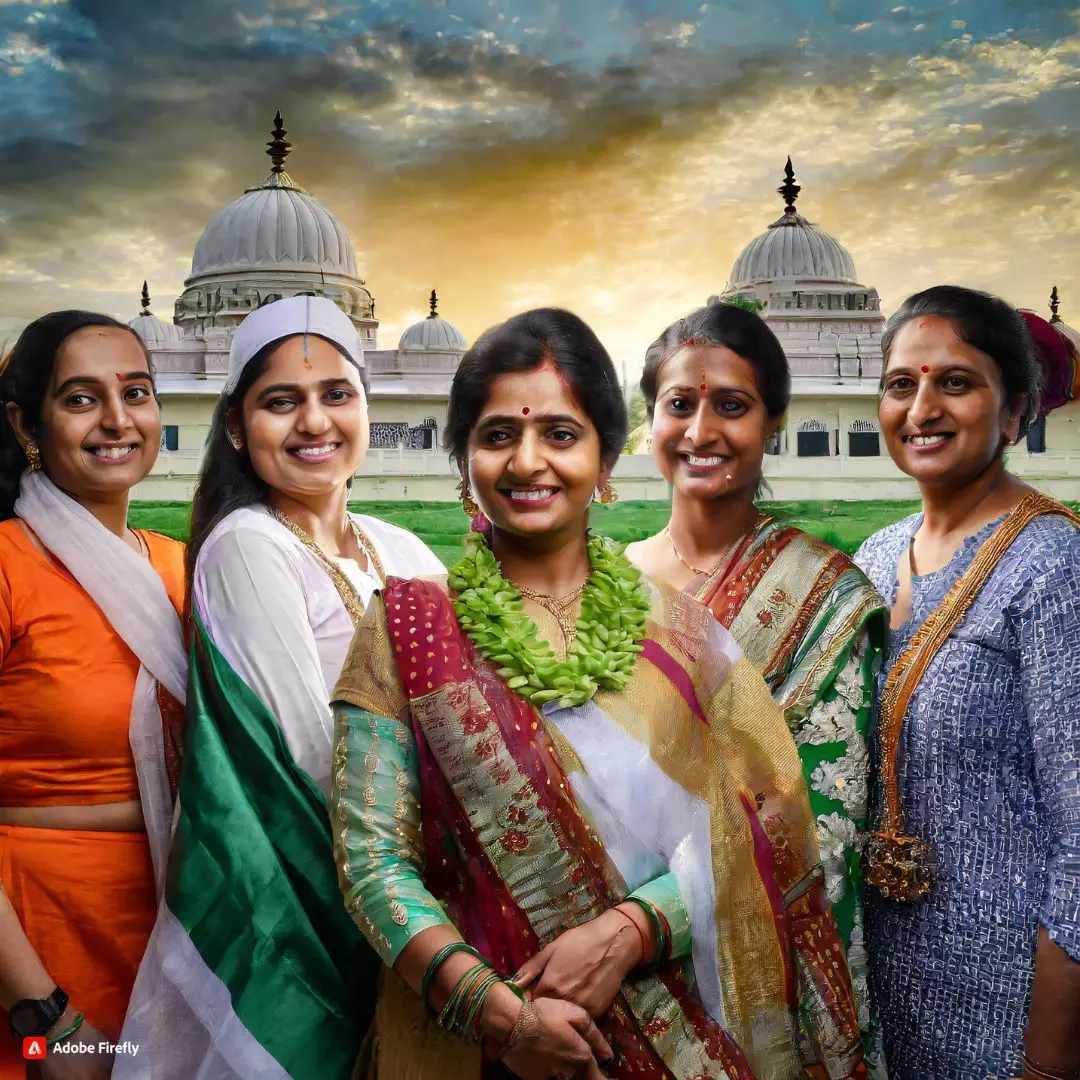In a bid to bolster gender inclusivity, the government is gearing up to present two bills in Parliament on Tuesday, seeking to reserve 33 percent of seats for women in the assemblies of Union Territories of Jammu and Kashmir and Puducherry, according to credible sources.
This strategic move comes on the heels of the September passage of the Nari Shakti Vandan Adhiniyam, which mandates one-third reservation for women in both Lok Sabha and Assemblies. However, the operationalization of the Nari Shakti Vandan Adhiniyam hinges on a delimitation exercise slated for 2029.
The imminent bills are tailored to address the assemblies in the Union Territories of Jammu and Kashmir and Puducherry, underlining the government’s unwavering commitment to augmenting women’s representation in the political realm as reported by The Print.
Puducherry, with its 30 assembly constituencies, and Jammu and Kashmir, where the assembly seats rose to 114 post-delimitation, are poised for a transformative shift in their political dynamics with the proposed reservation.
It’s worth noting that among the total seats in the Jammu and Kashmir assembly, 24 are allocated for areas falling under Pakistan-Occupied Kashmir, introducing a distinctive element to the proposed legislation.
This initiative to reserve seats for women in these assemblies resonates with global endeavors to champion gender equality and empower women in decision-making arenas. As societies increasingly acknowledge the significance of diverse representation, the government’s legislative stride is poised to contribute to a more inclusive and equitable political landscape.
As these bills make their way into Parliament, the nation watches attentively, anticipating the potential ramifications on the political scenario and representation in these pivotal Union Territories.
In conclusion, the government’s proactive stance in advocating for heightened women’s representation in Jammu and Kashmir and Puducherry assemblies signifies a noteworthy stride toward nurturing gender equality in the country’s political fabric. The debates and deliberations in Parliament regarding these bills are poised to shape the trajectory of women’s involvement in the political sphere, echoing a broader global commitment to inclusivity and equal representation.
Also Read: JNU Implements Stringent Measures, Prohibits Protests Near Academic Buildings













